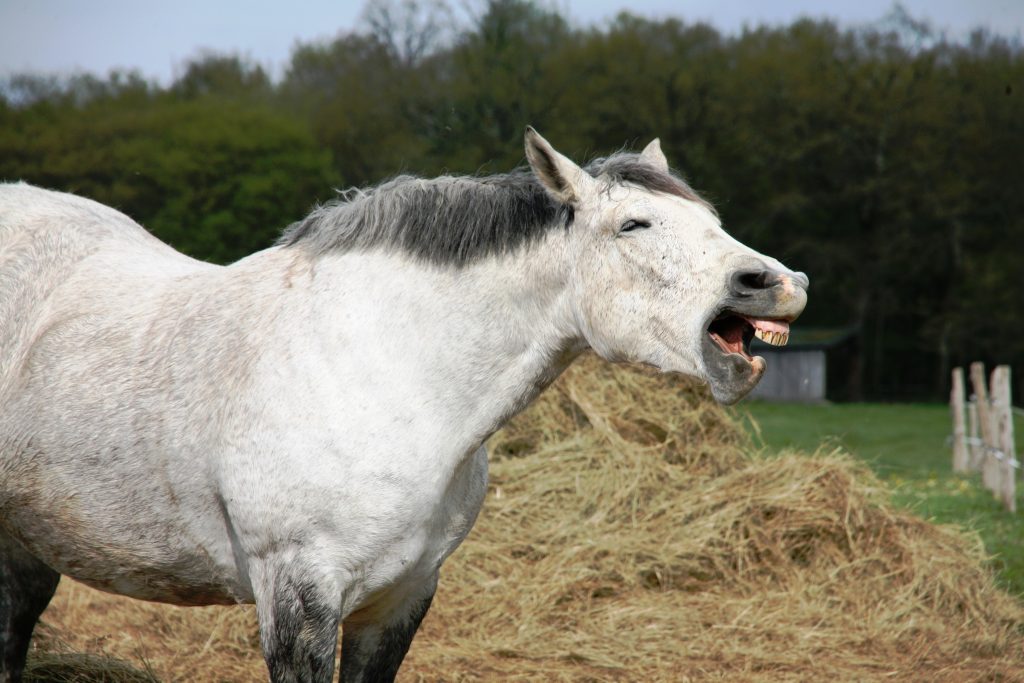Horses have always been majestic creatures. But despite this, every single breed of horses has something that makes their personalities shine. Whether calm, playful, or temperamental, horses have shown that even when they seem majestic at first glance, they’re still perfectly capable of expressing their wants and needs. Thus, it’s up to you as an equestrian or hostler to provide them.
Naturally, food is essential since horses are living beings. And you will require much of it considering the size of fully grown adult horses, except for those miniature ones. They also have one of the most sensitive digestive systems in the animal kingdom. If anything changes from their usual diet, they may not take it well or not eat at all unless you take specific measures. So, you have to choose between a comparison of grass hays carefully.
Why You Need To Consider Your Horses’ Needs
Besides coaxing them to go back to work, ensuring they’ll perform at their peak is crucial for many equestrians, especially those who own racehorses. Because although training teaches horses what to do at a contest, their health condition before the ‘big event’ can easily affect them and even compromise their performance. One factor that affects horses the most is their feeding.
As you already know, horses are herbivores, which means their diet mainly consists of plants. However, as mentioned earlier, horses are picky with their food despite their size. Unfortunately, considering they consume plants, many issues can contribute to their shortage, particularly weather problems and droughts. Since hay takes up a significant portion of their diet, you’re bound to encounter a problem regarding supply. Therefore, you must prepare for once that happens. For that reason, below are some factors you may consider for your horse when facing hay shortages:
- Know Your Horse
Like with people, you can’t feed your horse without knowing their conditions. After all, if people have allergies and other health-related problems, so does your horse. Therefore, familiarizing yourself with them as their equestrian should be a no-brainer. You must know their health status and needs so you may provide them with a plan B diet when there is a hay shortage.
Generally, horses are creatures who often lead an active lifestyle, especially ones used for events such as racehorses. Since it’s their nature to graze in the wilderness, that behavior will also bleed into domesticated horses. But as their owner, their grazing and roaming might be limited depending on your land. And with hay shortages, planning for the food they eat may even be more difficult. Luckily you can explore other food options that are good for your horse as long as you know their needs.
- Choose Which Hay
Although more factors are involved (such as age, breed, and health condition), the horse’s activity alone already tells much about which hay you should feed them in case of a hay shortage. Because if you’re still new to being an equestrian, there are two categories of hay available: grasses and legumes.
Alfalfa hay, a type of legume, is a good source of fiber and protein, making it ideal for active horses, especially racehorses. However, because of how rich it is in nutrients such as calcium and phosphorus, it could skew a young horse’s nutritional balance and result in deficiencies. If that’s the case, you might consider choosing types of grass hay instead.
- Prevent Waste
Since you’re already experiencing a hay shortage, you must learn to make every strand of hay count. Since horses don’t possess table manners while eating, they naturally leave hay all over their pen as they chew outside their feeder. Now that they’re all over the floor, they leave their scattered food open to get stomped on, even having the horse take a dump on them.
Encourage your horse to eat inside the feeder by investing in slow feeders. This way, the loss of hay can be reduced. Aside from teaching them new eating habits, always be mindful of where you’re storing hay. Since they’re plants, it’s much easier to transmit mold onto them, especially if you leave them in a moist environment. And as you may already know, mold targets the victim’s respiratory system, and horses are no exception.
- Invest In A Hay Barn
With weather conditions getting unpredictable and prices hiking up, it’s safe to say that buying hay for your horse might be a lot more trouble. Therefore, purchasing hay in bulk while you still can is best. But leaving them exposed for too long leaves them open for mold to set in. Invest in a storage building where you can hold your hay bales. Ensure it’s dry and well-ventilated to avoid losing more of your supplies.
Takeaway
Like any animal companion, horses can be challenging and demanding to take care of; it is like caring for your child, after all. Ensuring they live a fulfilling life is in your hands. Even creatures as big as horses still have their own specific needs. Since you’re the only person they can count on, you must be prepared for any situation, especially if they’re hay shortages. Consider the above tips to help you feed your horses well, even when there is a hay shortage.

